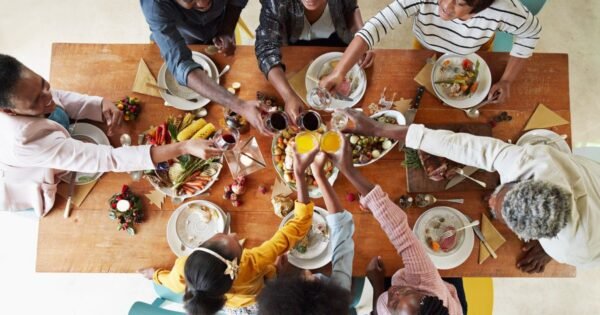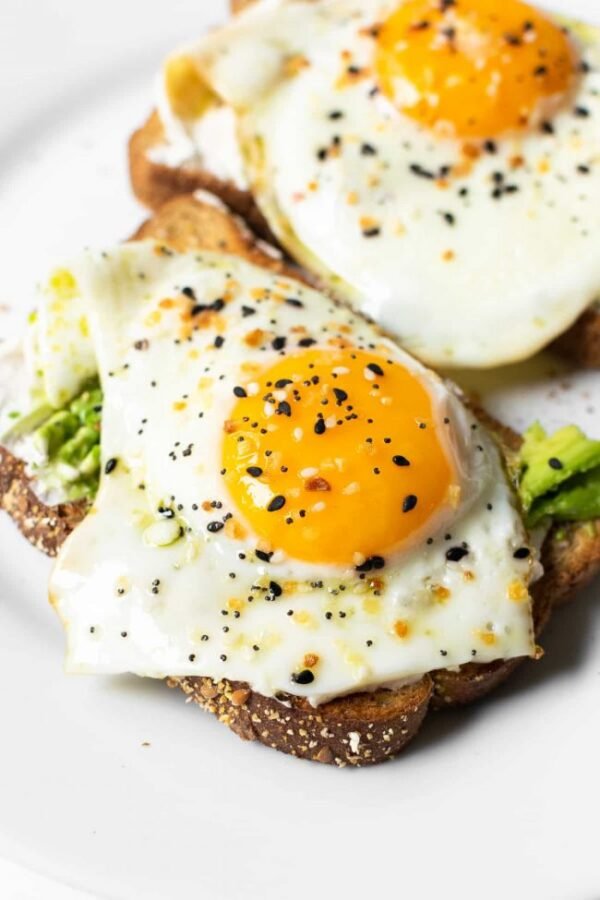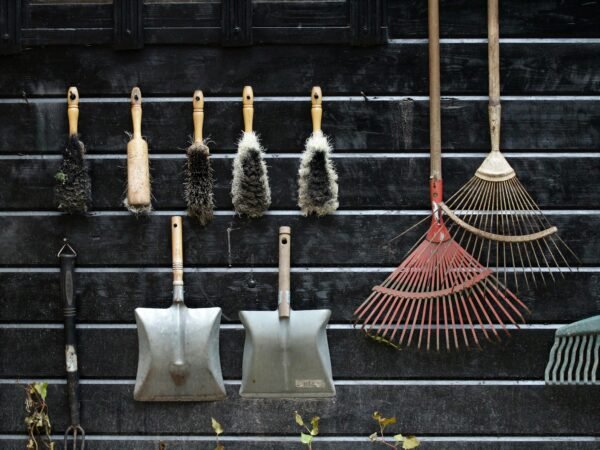
How to Bring Different Cultures into Your Family Home

We live in a world that is increasingly beset by global tensions, and the sad truth is that these tensions often arise from cultural differences – specifically from a lack of understanding about cultural differences. Developing a real awareness and understanding of our own cultures, and those of others, is one way to build respect for everyone’s cultures and to truly celebrate our differences.
In our increasingly globalised world, cultural competence is fast becoming a fundamental part of navigating life. But despite this, schools only start focusing on cultural learning – I’m thinking here of things like languages, history and geography – in secondary school. If we are going to raise our children with respect for all people, regardless of where they come from, we really should be teaching them about the beauty of different cultures from an early age.
And what better way to celebrate another culture than to explore the food that is so intimately tied into each culture’s heritage?
Reminiscing about food
Some of my fondest memories from my childhood are of cooking in the kitchen with my family. These memories are so clear for me, I can just about smell my mom’s nasi lemak – the unofficial national dish of Malaysia. I developed my palate in that kitchen, but it was also the place where I developed real confidence and learned to be independent.
It was only natural, then, that I wanted to create similar experiences and memories for my kids. They’ve always loved trying food from different countries, but it was only when we took a vacation cooking class together that I was hit with the awful reality – they couldn’t even chop an onion!
So, that’s when I decided to combine my passions for family, food, travel and education to help my kids discover the joy of cooking by making locally cherished foods from around the world. What started out as a way for me to teach my children about cooking skills and world cultures at home quickly bloomed into eat2explore. It was my way of using food to create a more culturally aware society.
Cultural curiosity
Every parent knows how frustrating the relentless questioning of a small child can be. But it’s this exact curiosity – Why? Why? Why? – that drives a child’s learning and leads them to a deeper understanding of their world. Every new piece of information they acquire leads to further questions and continued learning. Introducing your kids to the foods of the world is not only a great way to expand their taste experiences, but also to promote their cultural curiosity.
Rather than paving the well-trodden road to an encyclopaedic knowledge of the Marvel universe, for example, cooking opens new paths to exploring the global village, a tangible way to experience cultures first hand.
Introducing my kids to foods from different cultures has encouraged them to participate in conversations about cultural differences, from traditions and heritage to languages and histories. And it is these curiosity-driven conversations that create real opportunities to explore the unique attributes of each of our world cultures.
An experiential cooking kit
But exposing children to new flavours from around the world isn’t just about igniting curiosity about the cultures that make them. It’s also a chance for families to spend quality time together and learn real-life cooking skills. Both of those things have considerable benefits too. Family dinners are good for mental and physical health as well as family cohesiveness. Research also shows that children who cook from early on make healthier food choices.
It can also be used to catalyse sustainable consumption habits in kids from an early age, something I’m a huge fan of. I always encourage our users to explore their own neighbourhoods to find fresh, local ingredients to satisfy their family’s dietary preferences. Thanks to my time at the French Culinary Institute, I was in a great position to source all those hard-to-find, non-perishable ingredients (spices/sauces/grain mixes) that transform fresh ingredients into a cultural culinary experience. But we can all gain from going beyond the basics and exploring what’s available in our neighbourhoods.
More than just food
So many of the problems we face in the world today come down to a lack of knowledge and understanding of other people. The best way to overcome those issues is by shifting from a culture of fear to one of curiosity and empathy. Food is a good place to start. Taking joy in a meal is universal and a great entry point into understanding other cultures.
And if we all end up healthier and capable of making better choices as a result, so much the better.
Written by Rowena Scherer, CEO and founder at eat2explore












































